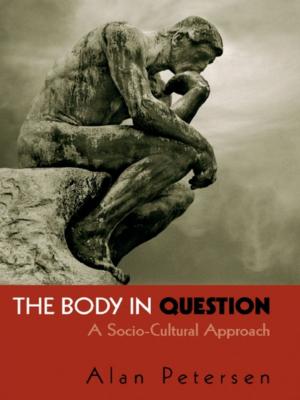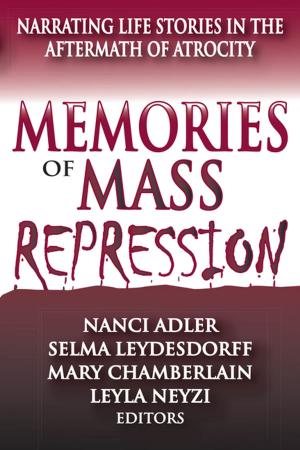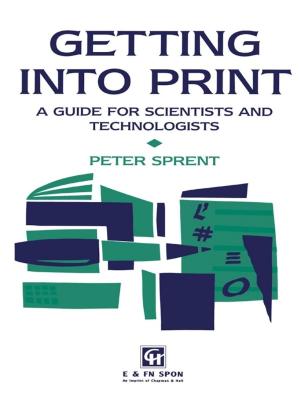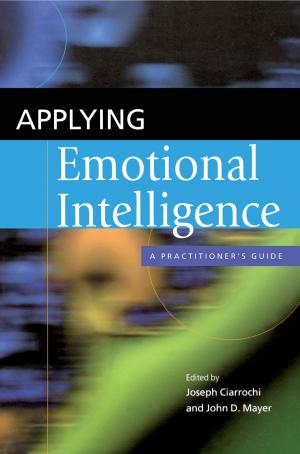Research as Social Change
New Opportunities for Qualitative Research
Nonfiction, Reference & Language, Education & Teaching| Author: | Michael Schratz, Rob Walker | ISBN: | 9781134814275 |
| Publisher: | Taylor and Francis | Publication: | July 8, 2005 |
| Imprint: | Routledge | Language: | English |
| Author: | Michael Schratz, Rob Walker |
| ISBN: | 9781134814275 |
| Publisher: | Taylor and Francis |
| Publication: | July 8, 2005 |
| Imprint: | Routledge |
| Language: | English |
Have you ever thought research is boring? "Research" writes Umberto Eco "should be fun". It seems unlikely that Umberto Eco has read many of the standard social science or education research texts. But social research does offer the possibility of involvement in projects that are informative, sometimes revealing, and fun to do. This book shows us that teaching, learning and research are essentially social and deeply personal activities and that fun needs to be an integral part of this.
This is not a conventional text, although it is about ways in which research can be used by those in various areas of professional practice. Its main concerns are with qualitative research, action research and case study methods, and it goes back to first principles arguing for research that is concerned with the nature of personal memories and of perception, the use of drawings and photographs, the emotional relationships implicit in any kind of research and the context of the contemporary workplace. The authors develop new directions and new possibilities for research and find ways of bringing together theory and practice, the personal and the social, organisations and their clients. It is an important resource for all who are interested in doing research but are sceptical or critical of most studies that are currently available.
Have you ever thought research is boring? "Research" writes Umberto Eco "should be fun". It seems unlikely that Umberto Eco has read many of the standard social science or education research texts. But social research does offer the possibility of involvement in projects that are informative, sometimes revealing, and fun to do. This book shows us that teaching, learning and research are essentially social and deeply personal activities and that fun needs to be an integral part of this.
This is not a conventional text, although it is about ways in which research can be used by those in various areas of professional practice. Its main concerns are with qualitative research, action research and case study methods, and it goes back to first principles arguing for research that is concerned with the nature of personal memories and of perception, the use of drawings and photographs, the emotional relationships implicit in any kind of research and the context of the contemporary workplace. The authors develop new directions and new possibilities for research and find ways of bringing together theory and practice, the personal and the social, organisations and their clients. It is an important resource for all who are interested in doing research but are sceptical or critical of most studies that are currently available.















